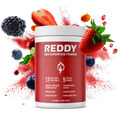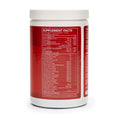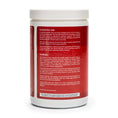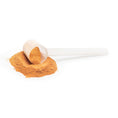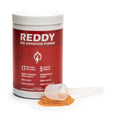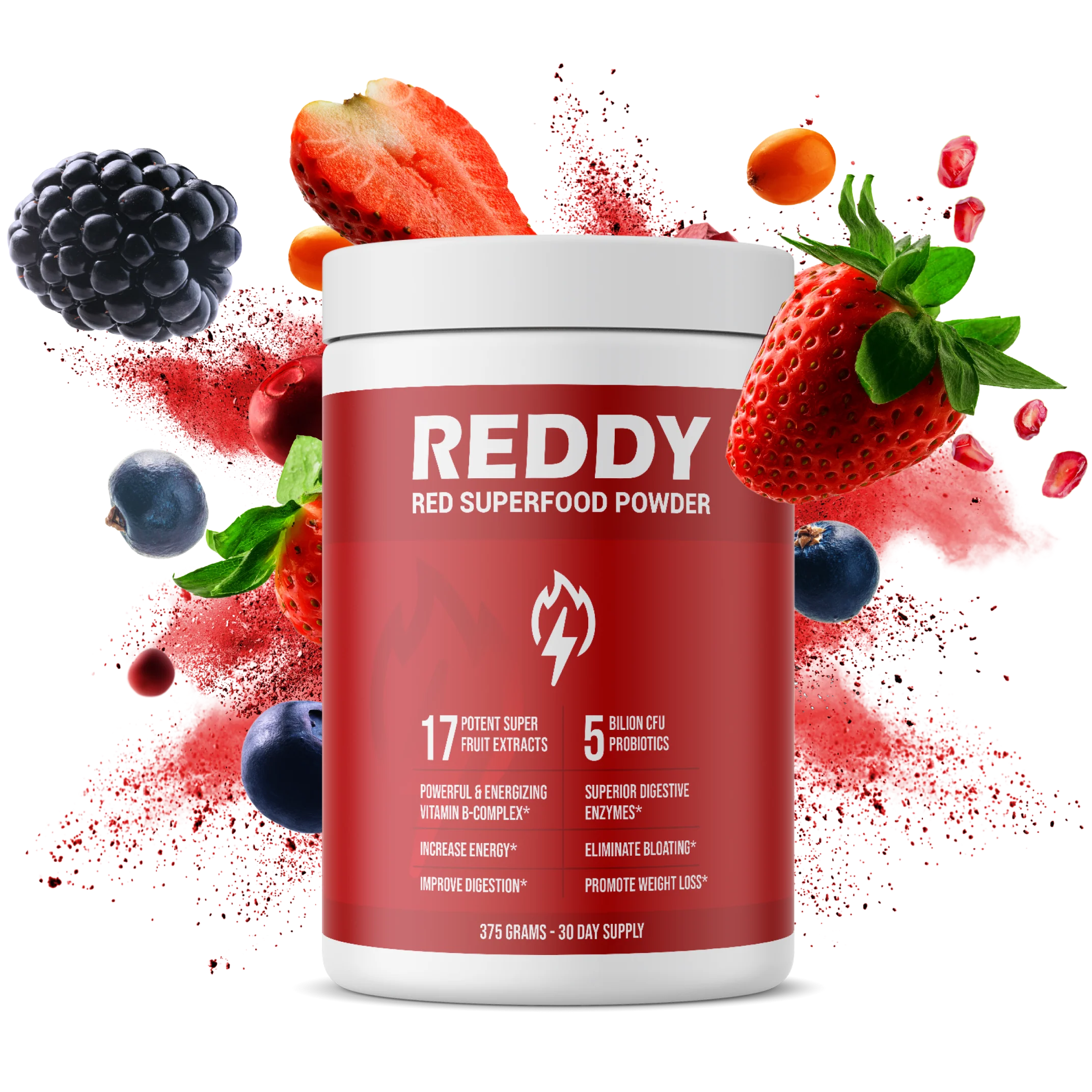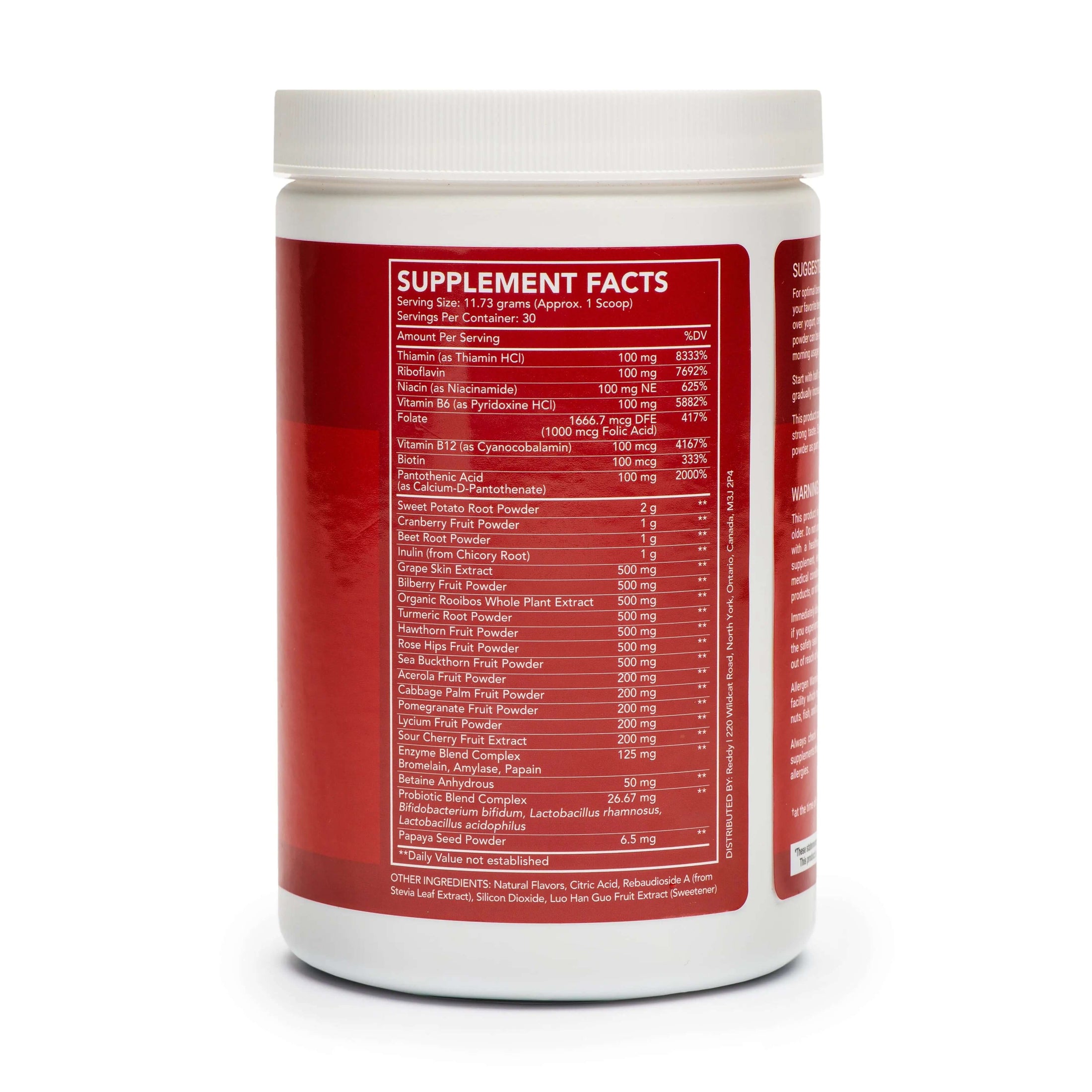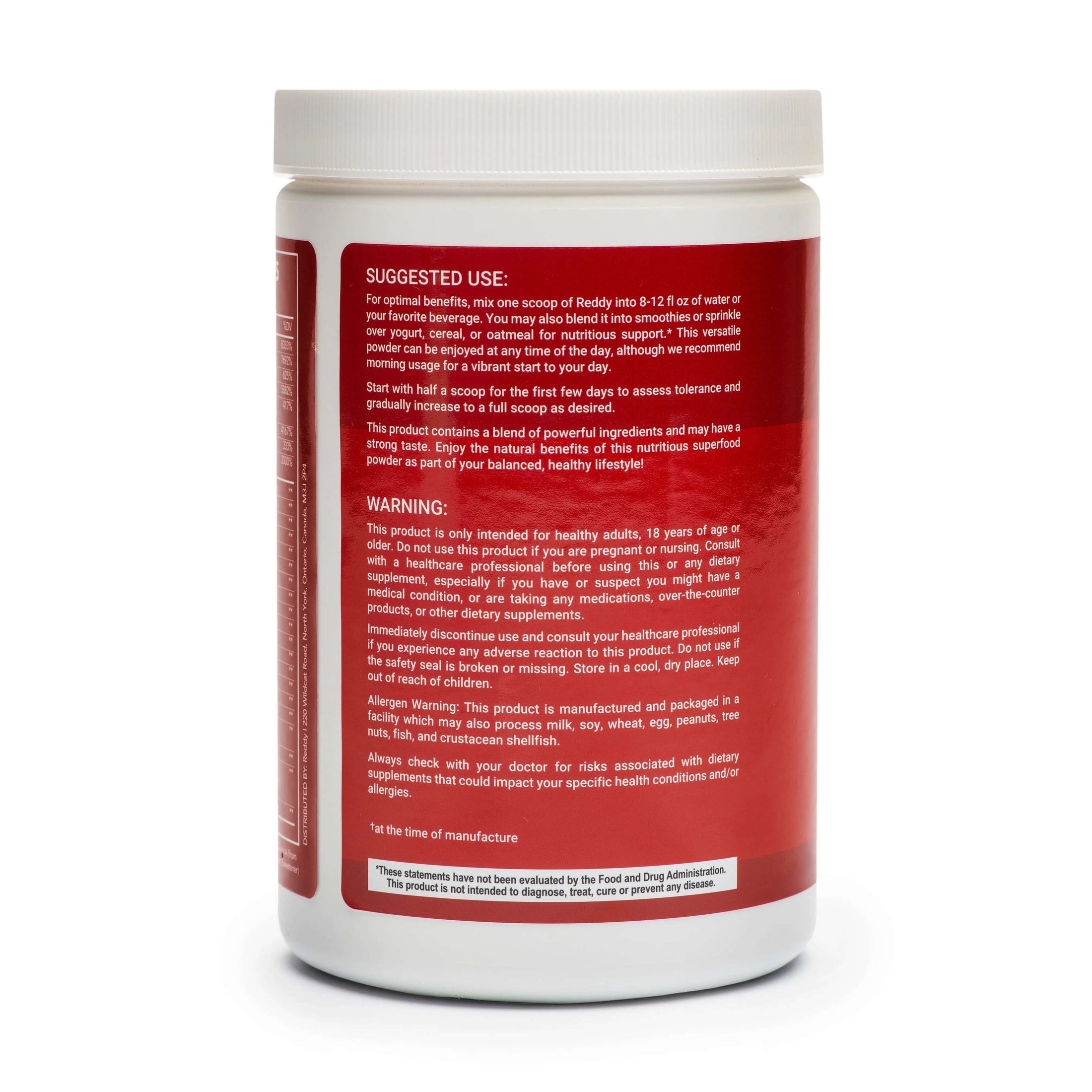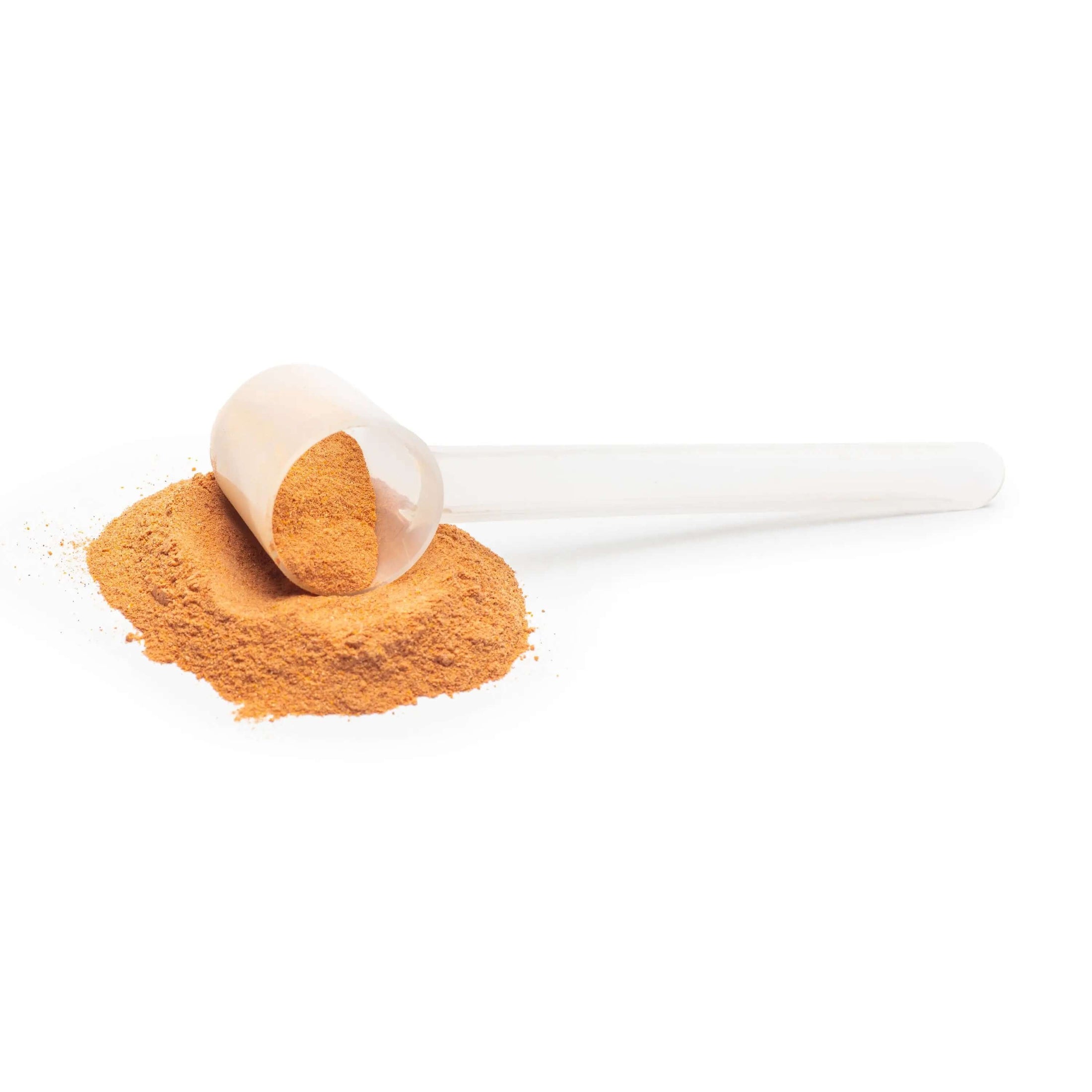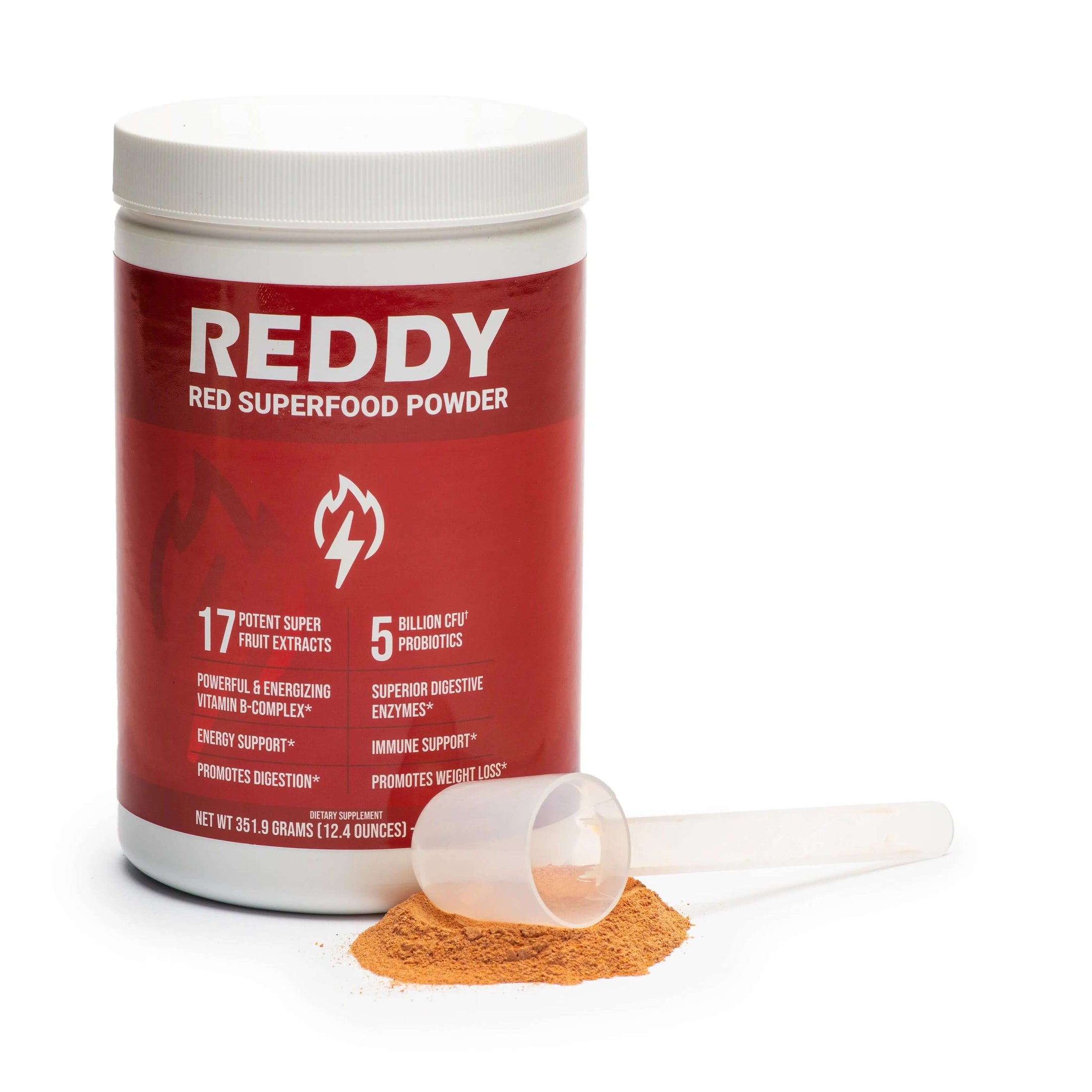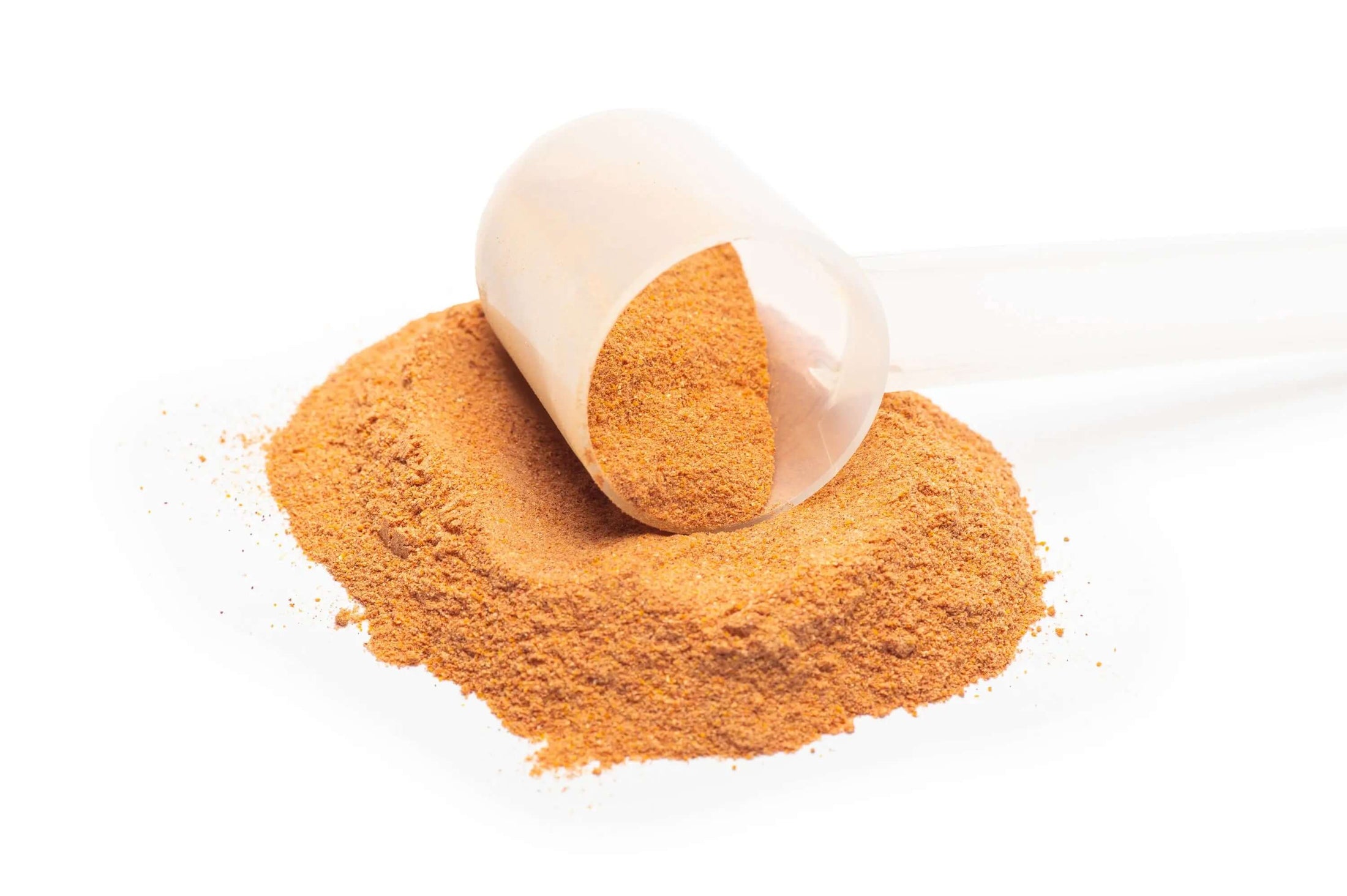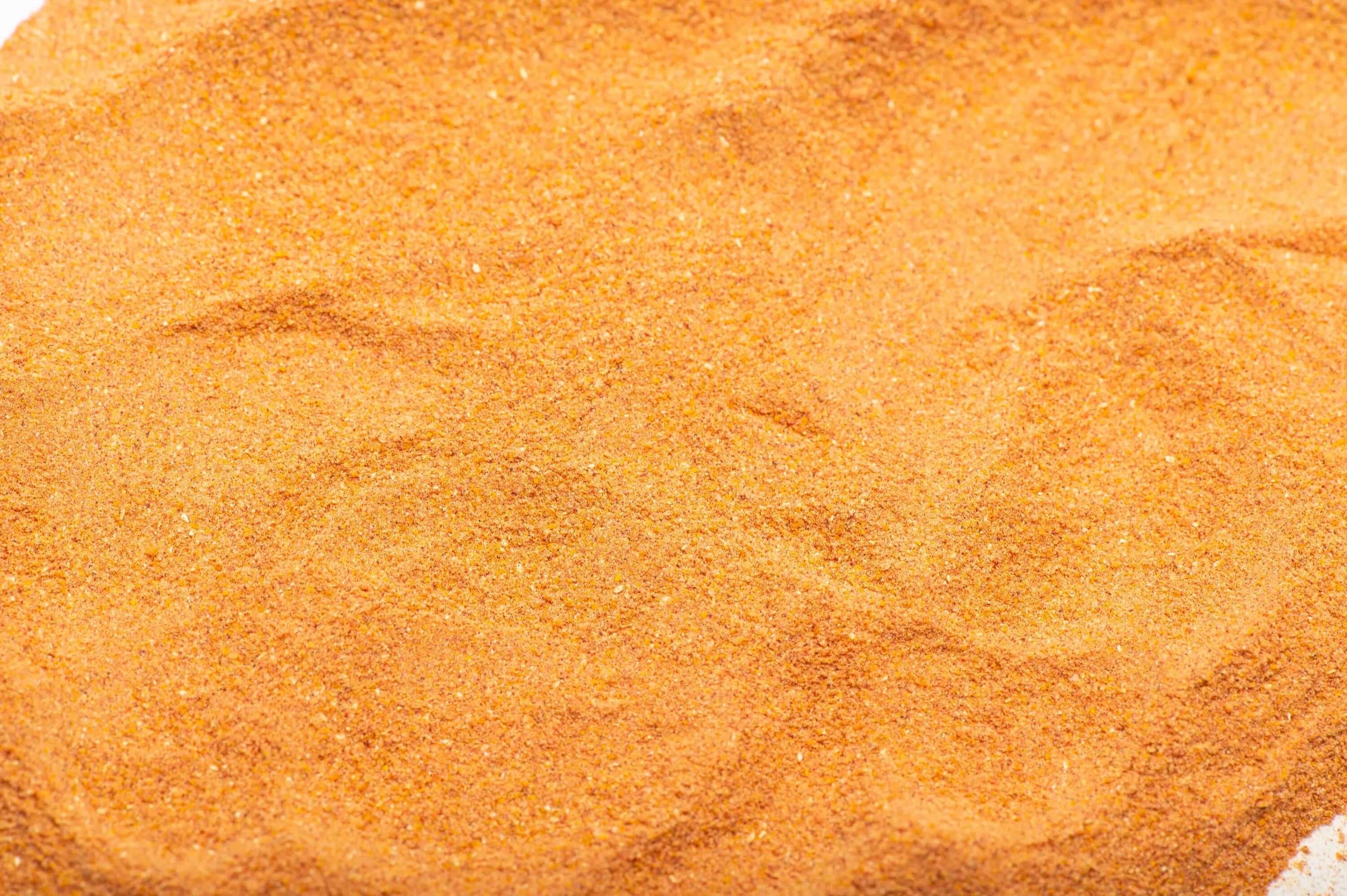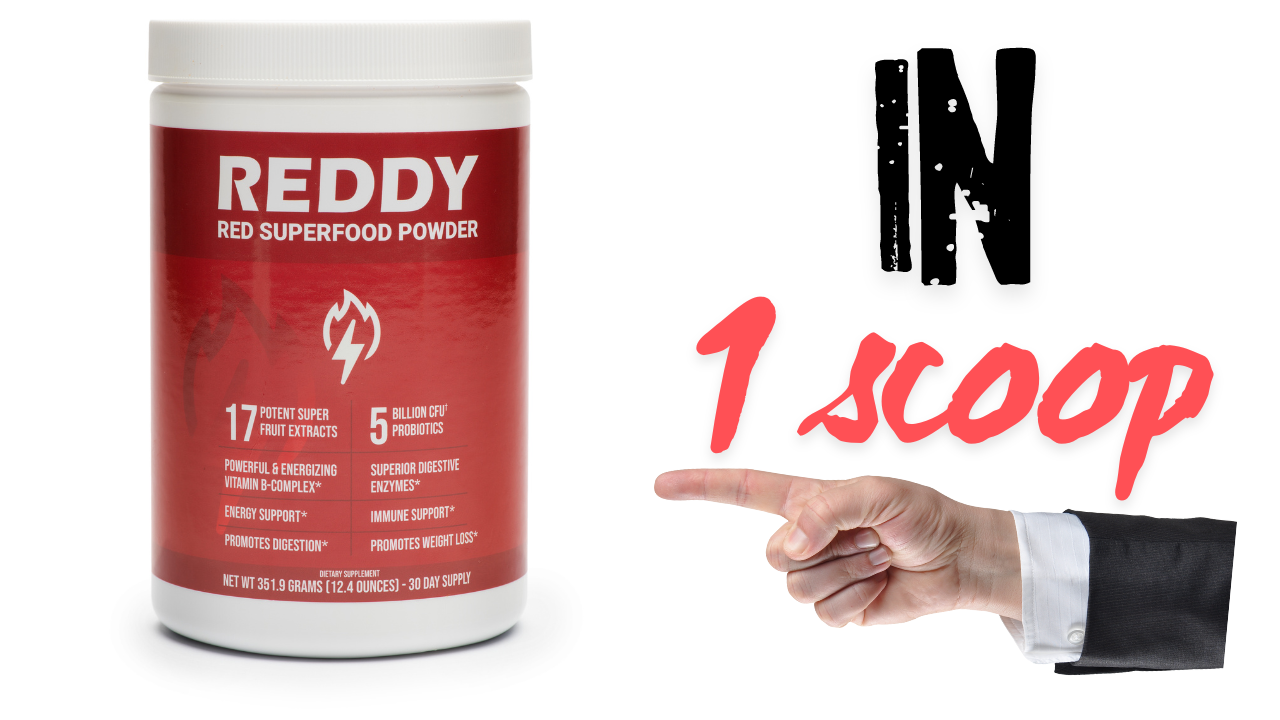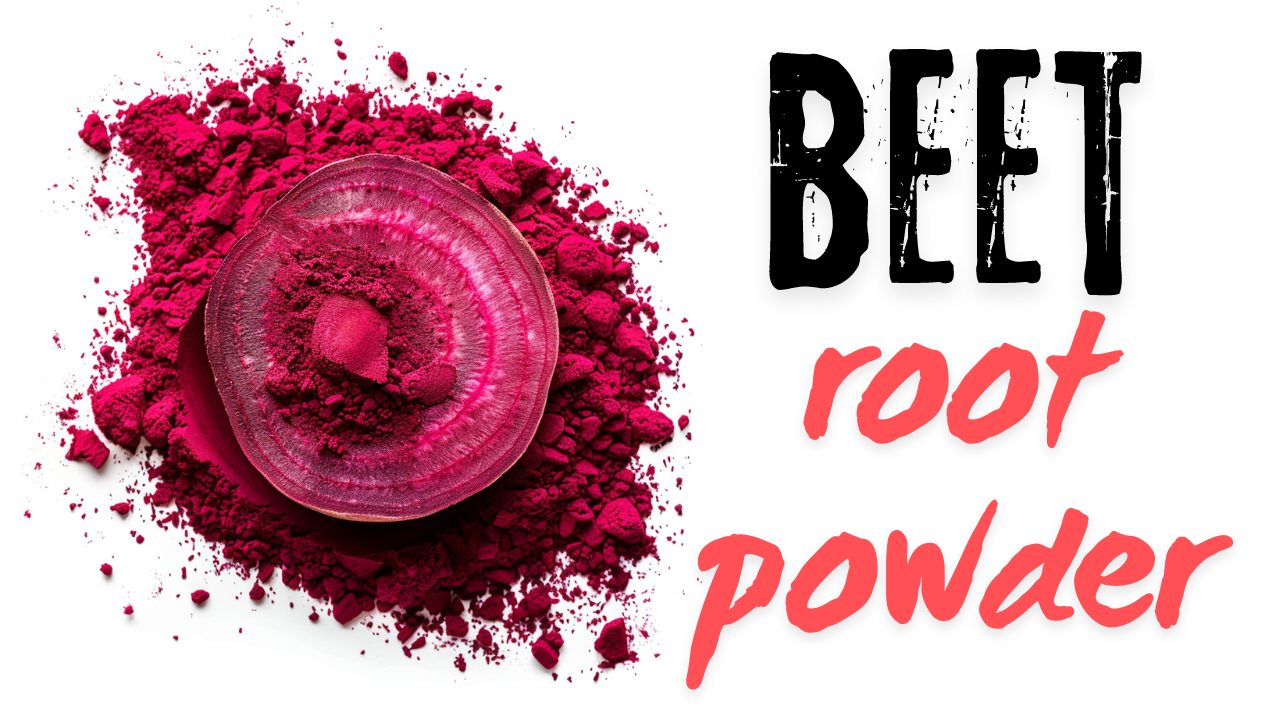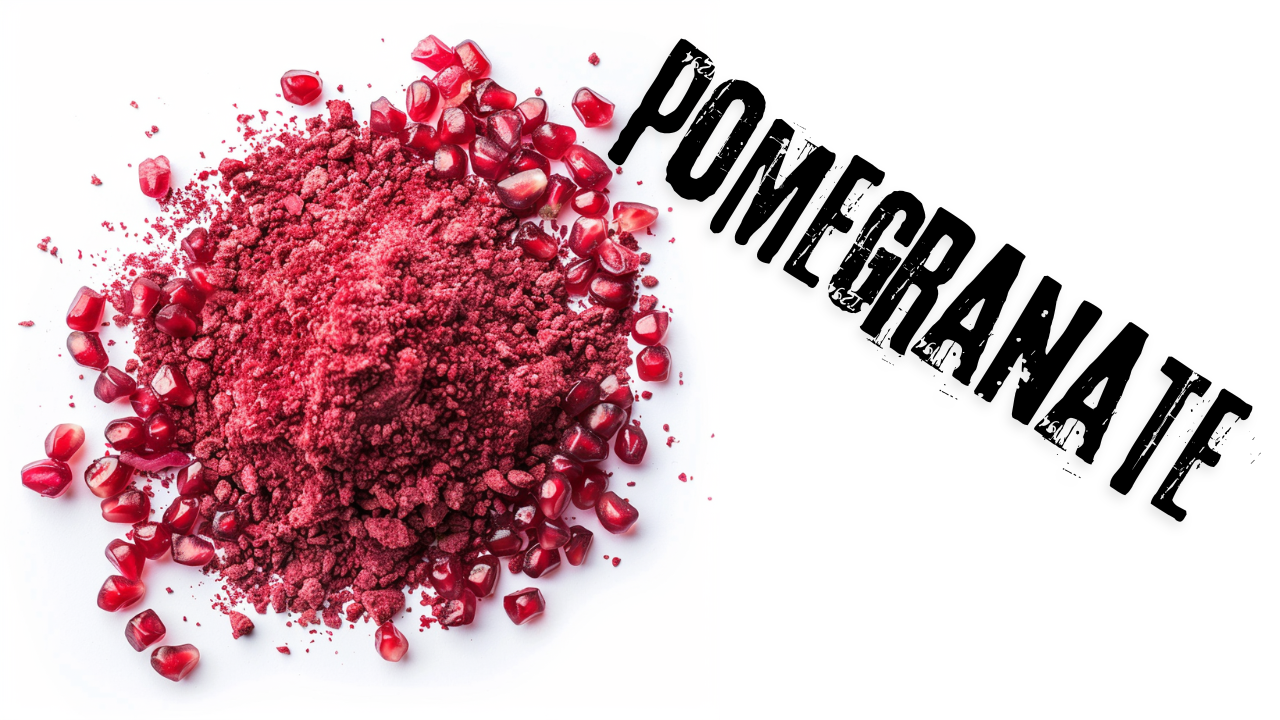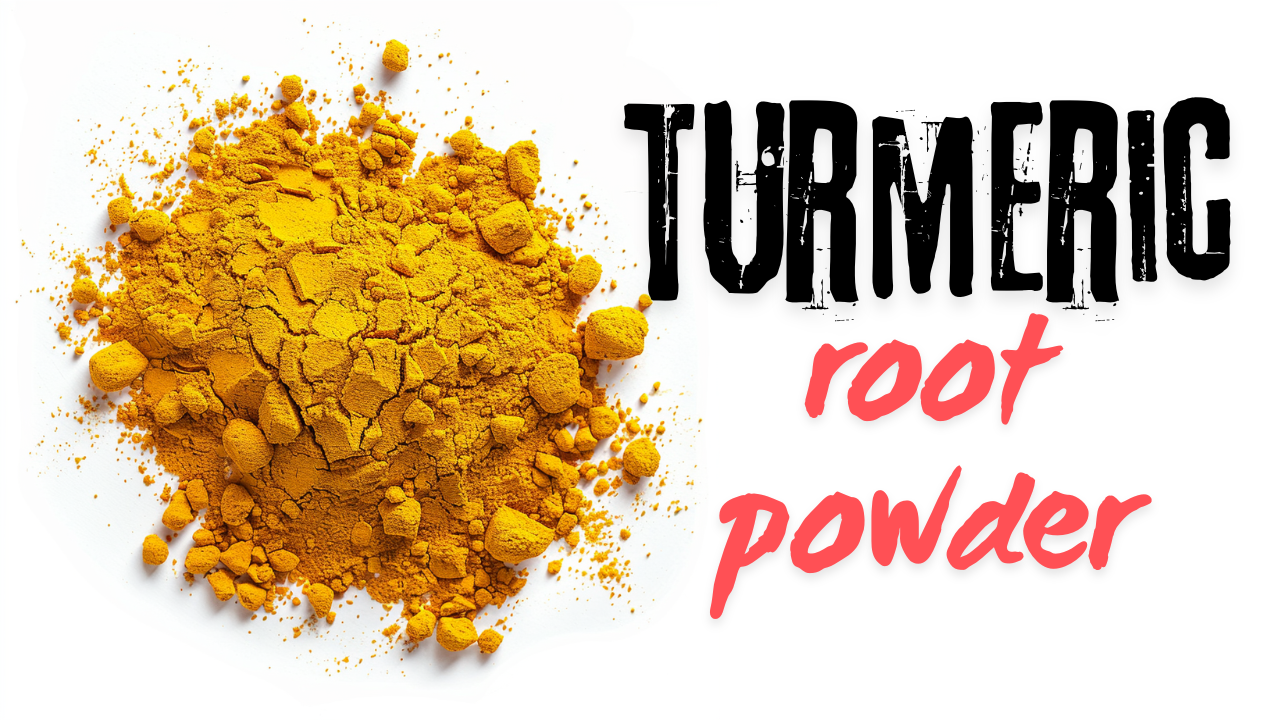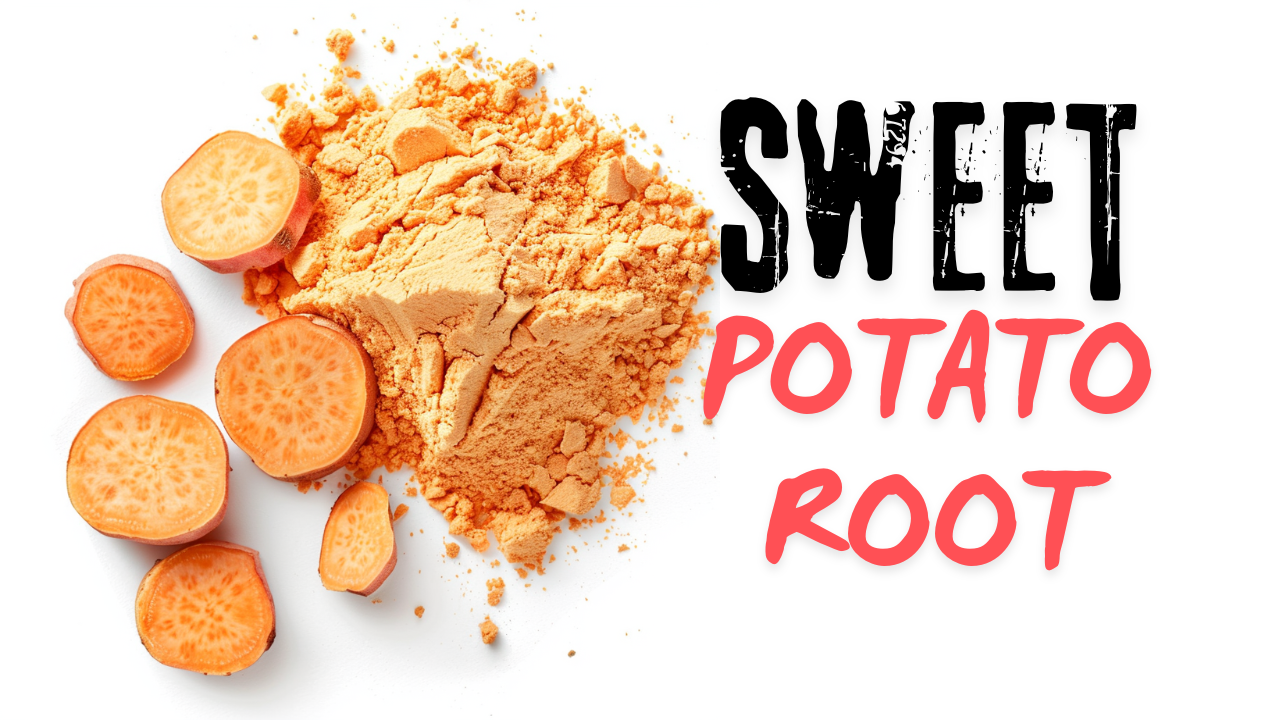Supplementing your diet to support the immune system can be beneficial, especially if your dietary intake of essential nutrients is not adequate. However, it's important to remember that supplements should not replace a balanced diet and healthy lifestyle. Here’s a list of supplements commonly associated with immune support:
1. Vitamin C
- Role: An antioxidant that supports the immune system.
- Sources: Citrus fruits, bell peppers, strawberries, and broccoli.
- Supplementation: Commonly used to prevent and alleviate symptoms of colds.
2. Vitamin D
- Importance: Essential for immune function, especially in people with low sun exposure.
- Sources: Sunlight, fatty fish, fortified foods, and supplements.
- Note: Vitamin D levels can be checked with a blood test, and supplementation should be based on need.
3. Zinc
- Function: Supports immune cell development and communication.
- Sources: Meat, shellfish, legumes, seeds, and nuts.
- Supplementation: Often used at the onset of cold symptoms.
4. Elderberry
- Properties: High in vitamins and antioxidants.
- Use: May reduce the duration and severity of cold and flu symptoms.
5. Probiotics
- Role: Support gut health, where a significant part of the immune system is located.
- Sources: Yogurt, kefir, sauerkraut, kimchi, and supplements.
- Benefit: May improve immune response and protect against common respiratory infections.
6. Echinacea
- Usage: Often used for its potential effects on the common cold and other infections.
- Mechanism: May enhance immune function and reduce inflammation.
7. Selenium
- Importance: An antioxidant that plays a critical role in inflammation and immunity.
- Sources: Brazil nuts, seafood, and grains.
8. Garlic
- Properties: Contains compounds with immune-boosting properties.
- Supplementation: Can be taken in capsule form or included regularly in the diet.
9. Omega-3 Fatty Acids
- Role: Reduce inflammation, which can help support immune function.
- Sources: Fatty fish, flaxseeds, chia seeds, and supplements.
10. Curcumin
- Found In: Turmeric.
- Benefits: Anti-inflammatory and immune-boosting properties.
General Considerations
- Consult Healthcare Providers: Before starting any supplements, especially if you have existing health conditions or are taking medication.
- Quality of Supplements: Opt for high-quality, third-party tested products.
- Balanced Lifestyle: Supplements work best when combined with a healthy diet, regular exercise, adequate sleep, and stress management.
Conclusion
While these supplements can support the immune system, the most effective approach to maintaining good health is a holistic one, including a balanced diet, regular physical activity, sufficient sleep, and stress management. Always consult healthcare professionals for personalized advice, particularly when considering supplement use. Supplements should complement, not replace, a healthy lifestyle.



